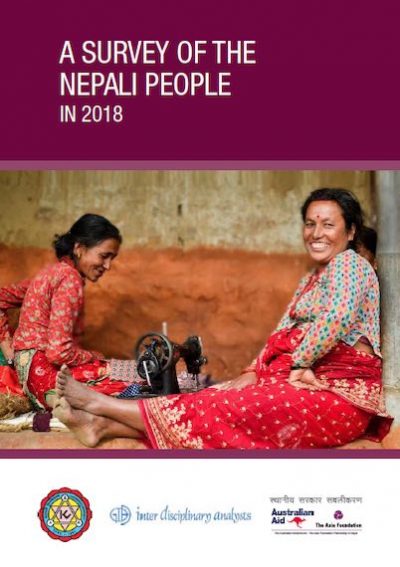Starting from 1990 when the first major political movement restored multiparty democratic system in the country, to 2017 when the elections at all three levels of a new republic and a federally structured country took place, Nepal has gone through unprecedented socio-political changes. When so many path-changing and historical events take place in such a short duration and at such a rapid pace, it is bound to raise expectations of the people at large while at the same time causing some uncertainties and raising concerns about being able to accept the new realities. But change brings new opportunities. It is how one adopts and adapts to the new realities that will determine the success or failure of any transition—especially big and impactful ones. The Nepali people have time and again shown that they are resilient people and are open to changes, big or small, provided that their expectations and aspirations are also met. These are usually about being able to meet basic needs, having better livelihood opportunities, feeling safe and secure, getting services of decent quality, being able to lead a dignified life, and having caring and able leadership, among others.
This volume of A Survey of the Nepali People (previously done in 2017) attempts to capture these very aspects of the people of Nepal, based on their lived experiences in the previous 12 months, and their aspirations and expectations for the days to come.
